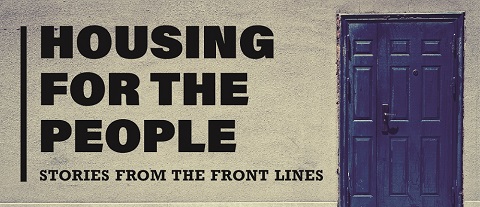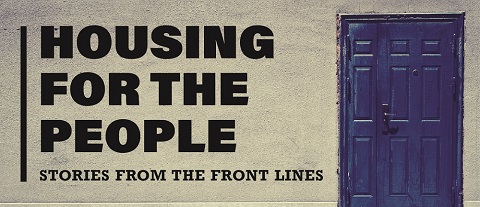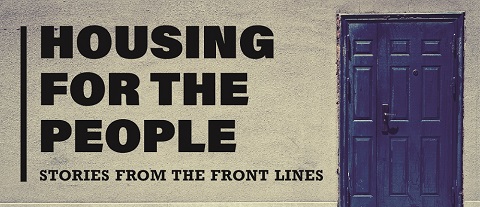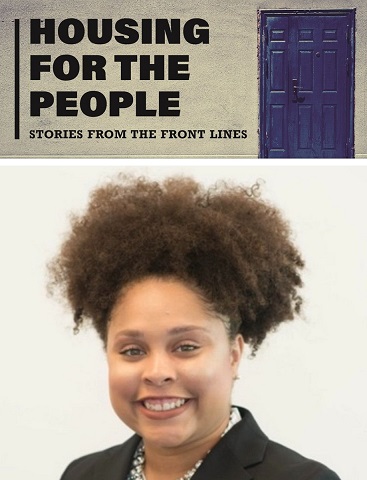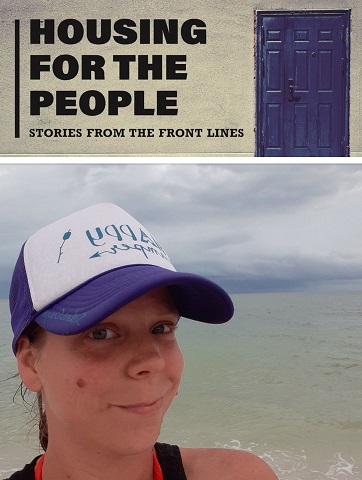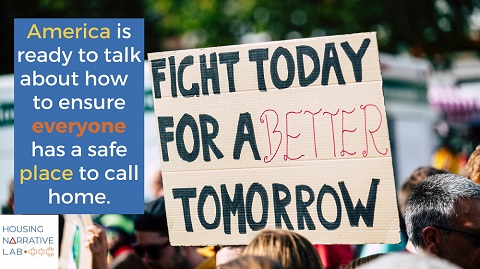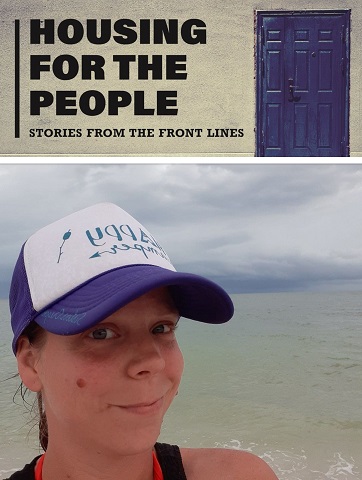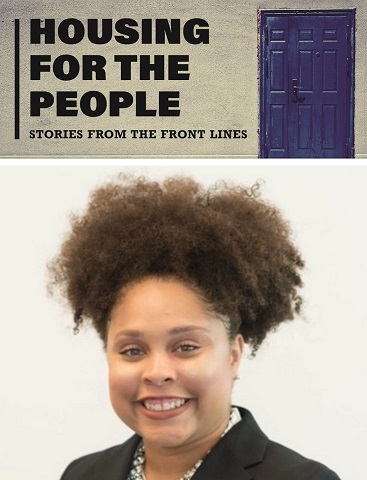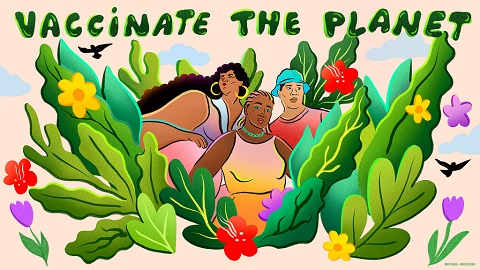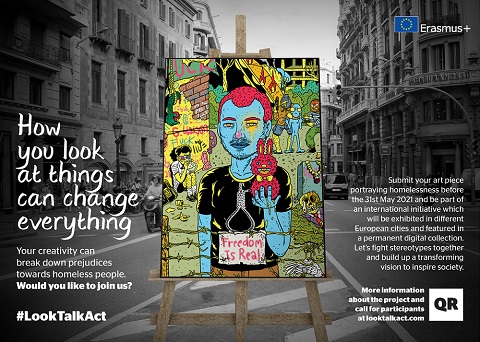“What does ‘better’ look like?”
15 years ago David Duke found himself homeless and now, as CEO of Street Soccer Scotland (SSS), a social enterprise that uses the spirit of football to help people out of vulnerable situations, he believes this is the question we should be asking.
“When you ask someone about the homelessness crisis ‘what does better look like?’, they always assume it’s a house,” Duke tells me on a visit to the INSP office in Glasgow. “Actually, most of the answers that come back, when you ask a person who is actually experiencing difficulties – homelessness, recovery, mental health problems – are about relationships. Whether it’s trustworthy friends, volunteering, a club, all pointed out that what they really wanted was to be a part of something, to have real relationships and purpose.”
Duke believes this is what his organisation offers. Practically, SSS offers free drop-in training sessions where marginalised people can join in a kick-a-bout, as well as employment opportunities and skills development courses. Some may think of it as merely an escape, a chance to play sport rather than deal with everyday life. Actually, through the transformative power of football, its ability to bring disparate peoples together, it is actually providing a solid basis for what Duke is describing – a chance to build friendships and gain the support of people who care.
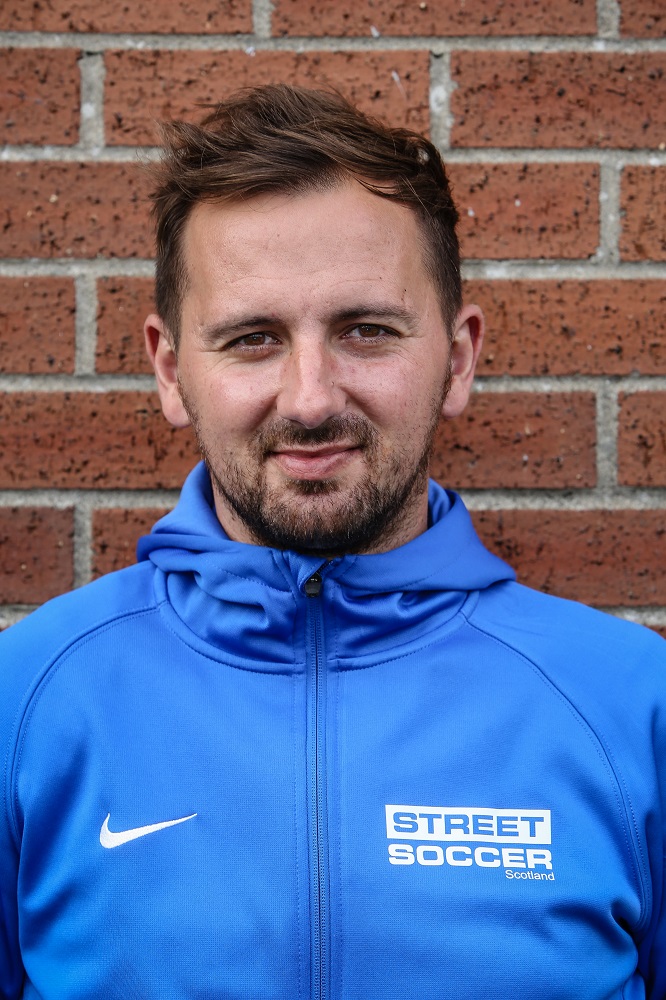
“If you’re isolated, you don’t have anywhere to go, anyone to look to for help. You’re cutting yourself off,” he explains further. “Football allows you to reconnect with people. Often when people come along to a SSS session, they don’t know anyone. By the end, they know a couple of names, and by the second session they know 20. Eventually, they’re planning to meet people after, and relationships are forming. People who are disconnected will find it hard to move on – there are no opportunities or support.
“You’d never tell someone you don’t already know everything about your experience. Playing football offers up a spot where you can confide in someone you trust, allowing people to open up, express themselves, and talk about what’s going on in their life. When they do that at one of our centres, there are then the people who can start putting them on a path towards reaching out for the things they need, like mental health support or housing advice.”
Duke is familiar with this. After ending up sleeping rough, following the death of his dad, he found himself with the Scottish Homeless World Cup team, going on to have modest success with them as a player, and then even leading the squad to victory as a coach. He saw first-hand how football can work its magic, providing togetherness and the will for a person to drag themselves out of a destitute scenario. All of this inspiring SSS, which will turn ten years old next year, and will celebrate its annual gala dinner in Glasgow with the help of one of the biggest stars to grace the beautiful game in the UK, French former Manchester United player Eric Cantona.
This seems glitzy, but he is more excited by the essence of how the social enterprise works. “We just offer a place for someone to go, where you’re not judged, you can be yourself, and know there are people there you can talk to. When you start doing that, security starts to seem more achievable. You can get the keys to a house all you want, but if you have nothing to do and nowhere to be, it’s going to be a lonely old time.”

Duke is embedded in the fight to end homelessness – he is involved in the Scottish Government Action Group on Homelessness – in Scotland, a situation he believes has changed much since he found himself on the streets. “Most of the reasons why people are homeless are probably still the same – there’s been no real change in that. There’s more homelessness coming from bad policy decisions, from a UK perspective – Universal Credit, housing benefit caps – they’re having a massive impact on people. We’ve got a government in place in Scotland now who are keen to make that change – the long term plan is no homelessness in Scotland, and I totally back that – but it’s not going to be a government policy that ends homelessness in Scotland. Of course, it starts with policy, but it’s about common sense in terms of decision making, and where you invest money and where you don’t. There are a lot of good organisations trying to do good things to alleviate it.”
While Duke is too modest to say, SSS is one of those organisations. And now, it is branching out with a new project, called Change Centre, a space that acts as a community hub, with sports and activities facilities, combined with temporary accommodation for people in a rough situation. While still in the planning stages, Duke believes it offers something different – better – than what is already available. “Let’s face it, everyone deserves a home, but in the current climate, people are forced to stay in B&Bs and poor standard hostel accommodation. So, in the short term, until we sort that, there’ll be an accommodation provision as part of the Change Centre. But it’s not saying ‘here’s a bed for the night, you poor wee soul’, it’s more ‘here’s a living space for you, but we need you to help out and get involved with the centre too’. We’re providing people the opportunity to be actively involved in the place that they’re living.”

Duke is quick to emphasise that even though, as a physical place, the Change Centre can be a difference maker, it’s actually the people inside it who do the heavy lifting. “Actually people, front line staff, are the most important. Speaking as a CEO myself, senior management don’t change people’s lives; it’s the people who support them. We can influence it in terms of our strategy and who we employ, but the change makers are the frontline staff. And if we don’t invest in them and make sure they have the right working conditions, then the person needing that support on the front line isn’t going to get the best level of support.”
Duke’s ethos for Change Centre is one of empowerment, which takes inspiration from the street paper model and Duke’s past involvement with the Big Issue’s charitable arm, The Big Issue Foundation. “The concept, of facilitating earning, providing a living for people, and one through choice, is great. Somebody has to want to get out there and support themselves. We all know it’s not the best job in the world but it certainly comes at a time when it really helps. And it’s not just about the money. It’s the relationships they’re building with their regular customers. People really take great pride in their role.”
Duke will speak at the Social Enterprise World Forum in Edinburgh in September, and his perspective – someone who has both led a social business, and experienced the benefit of them – will add a unique voice in a time when Scotland’s social sector is in the spotlight. As someone who has come at it from both sides, he knows better than most what qualities are needed for a purpose driven business to be successful. “Social enterprise starts with heart, but it’s delivered with head. The reason why you do it is to make a difference, your values determine that. You can take a business approach to it but you can still align your values to your business.
“Business and charities have never been as close as they can be now. But I think you need to always remember that there’s a very fine line. I’ve seen in the past people using a cause to do business. But you need to do business for a cause.”
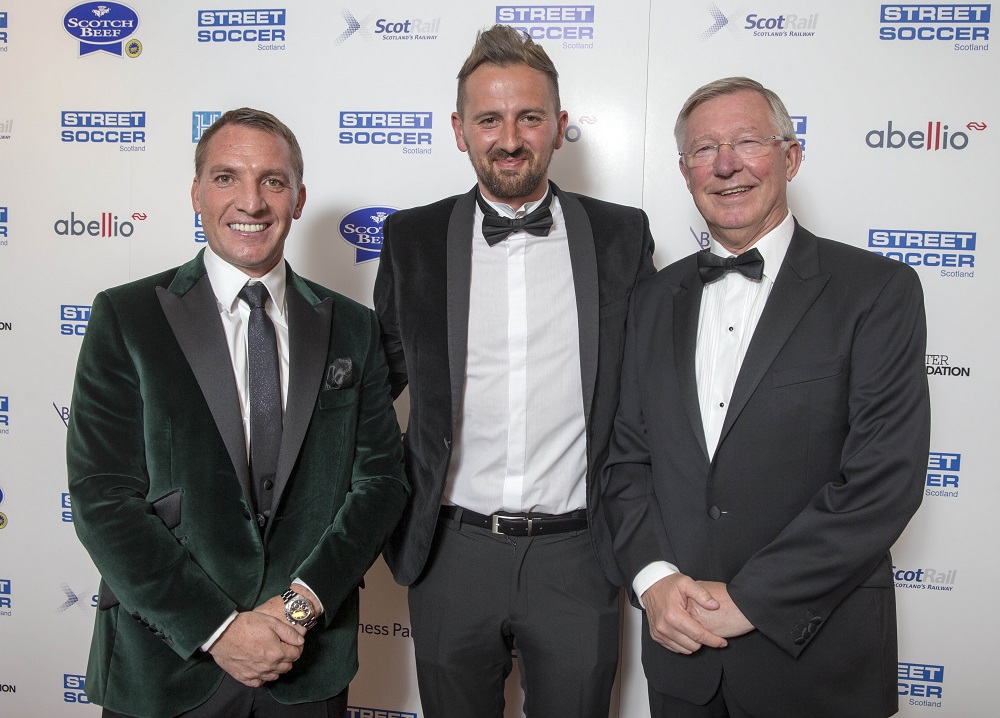
Duke says that it is no real surprise that the country is being put on a pedestal. “It’s been thriving here for ten years. When I first started, Scotland was always doing really well in terms of having organisations coming to look at what we’re doing.
“We’re a nation of innovators; we’ve always led the way, in medicine, civil engineering, technology, so it doesn’t surprise me that we’re leading the way with social enterprise. If you match big hearts with innovation and strong, steely resilience then you can see why.”
As willing as he is to praise the work of SSS, The Big Issue, and other organisations that work with homeless people, Duke believes the real fight is against the dehumanisation of people in need. “It’s easy to turn a blind eye and walk past it, but when do we actually stop, look around and ask ‘what’s happening here’? People often ask me ‘what do you do when you see someone who’s homeless’? And I say ‘what do you do when you see anybody?’ Say hello! If you see someone who has fallen over, you help them up. There are people out there on the streets who need a help up.
“We need that empathy, and realising this might not even be a second chance for this person it might be a first chance.”
INSP Members can download this article from the INSP News Service here.










